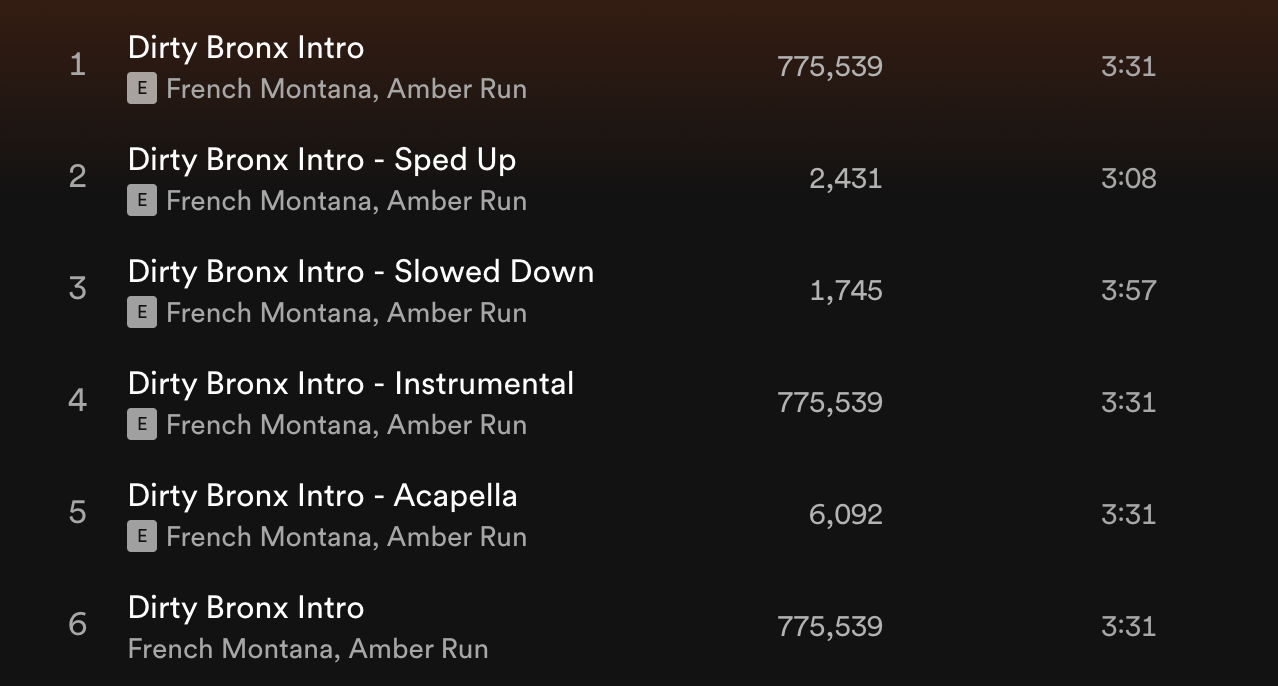Gulfer – Third Wind | Album Review
/Topshelf Records
When I first discovered Gulfer back in 2015, it felt like finding a diamond in the rough. The Canadian quartet were touring through America on the back of their incredibly strong debut LP, What Gives, and I knew I had to find a way to see them. Fortunately, I was able to make it to their Baltimore show at Charm City, and that night turned out to be one of my favorite gigs I’ve ever had the privilege of attending.
Gulfer was one of the fiercest live acts I had seen in recent memory, with vocals so unhinged they felt like they shouldn’t fit over the twinkling borderline emo-math rock riffs. I believed it then, and I believe it now: these four were onto something special.
It’s been almost nine years since that day, and a lot has happened in Gulfer World. Two more albums, a split, and a few singles later, Gulfer is back to bless us with another ten tracks that have recaptured me all over again. This is a band who has continuously polished and renewed the sound they first found, iterating on their style with each release to the point where they’ve practically perfected their formula. So what’s so special about this new album, Third Wind, that makes it worth a half hour of your time?
Let’s start with the lead single and opening track, “Clean.” This is the most tame Gulfer has ever felt vocally, with singer/guitarist Joe Therriault singing in a calming croon we’ve rarely heard from him, and it works beautifully. I always loved the mathy side of Gulfer, but this newfound straightforwardness proves they’re absolutely destined to be a household name in this scene. In the time since its November release, “Clean” has already proven itself to be one of the catchiest, most melodic tracks in the band’s discography, and it’s only the opener.
The following track, “Heartshape,” feels just as alive, aided by fantastic production courtesy of Gulfer’s own Vincent Ford and Great Grandpa’s Dylan Hanwright. Ever since their early days, Gulfer have leaned into crystal clear production that allows each instrument to shine and sparkle through the mix; they want you to hear every guitar tap and vocal strain. Even still, Third Wind somehow manages to be the band’s best-sounding record to date, where that trademarked Gulfer clarity meets a host of new ideas and sounds.
The best part? It only gets better from there. The rest of the album feels just as new and fresh as they scatter bits of their old selves among this new, more melodic approach helmed by Therriault. It’s not that the band has “softened” their sound like so many indie acts of the early 2020s, but instead that they have taken a much more intelligent and considered approach to their songwriting. Every time I’ve listened to Gulfer in the past, I would find myself inspired by the way they structure songs: balancing technical precision with unhinged moshpit-inspiring ferocity. I’m pleased to report that the ingenuity and angst are both still here in equal measure; however, this time, those elements feel delicately laced throughout the album with a more intentional pattern.
This feels to be a proven point come “Cherry Seed,” which erupts from the very get-go with a peppy bounce and then drops off into an indie masterpiece unlike anything else Gulfer has ever done. The same can be said about “Drainer,” which feels like the band fully bringing this new sound to a head while still feeling just ‘Gulfer’ enough in a way that no band could ever duplicate.
Halfway through the album, we hit my favorite run in the tracklist. First, we have “Too Slow,” a one-minute berating where burnout lyrics precede an instrumental assault that bottoms out into a pensive electronic outro. That breakcore-esque interlude flows directly into “No Brainer,” a song that almost feels like it could have been a single with how catchy it is. Then “Motive” sweeps in, offering a winding journey that shows why this band is still some of the best instrumentalists in DIY. Practically all of my favorite styles of Gulfer feel like they’re captured within this eight-minute stretch smackdab in the middle of the record.
The final third of the album begins with swirling guitars and continues to prove that these are songs that couldn’t have been written by a younger version of this band. The maturity in these tracks feels self-evident, especially as someone who’s been following the group for nearly a decade. This is maturity. This is growth. This is the peak of songwriting.
While that growth in song structure, influence, artistry, and lyrics is evident across the record, the final two songs on Third Wind feed directly into my love for old Gulfer. The final track, “Talk All Night,” feels like the band wanted to close the album by going straight for your throat. Front to back, the fourth Gulfer album is an absolute barrage, smacking you in the face from the jump and not letting up until the album comes to its perfectly timed close.
So I’ll ask again: what’s so special about Third Wind that makes it worth a half hour of your time? It’s really quite a simple answer…
Absolutely everything.
Will Green is a solo artist hailing from Huntsville, AL. He recently released Mollify, his debut album as Full Blown Meltdown, in October of 2023. Find him on Twitter @FullBlownMltdwn and Instagram @FullBlownMeltdown.











